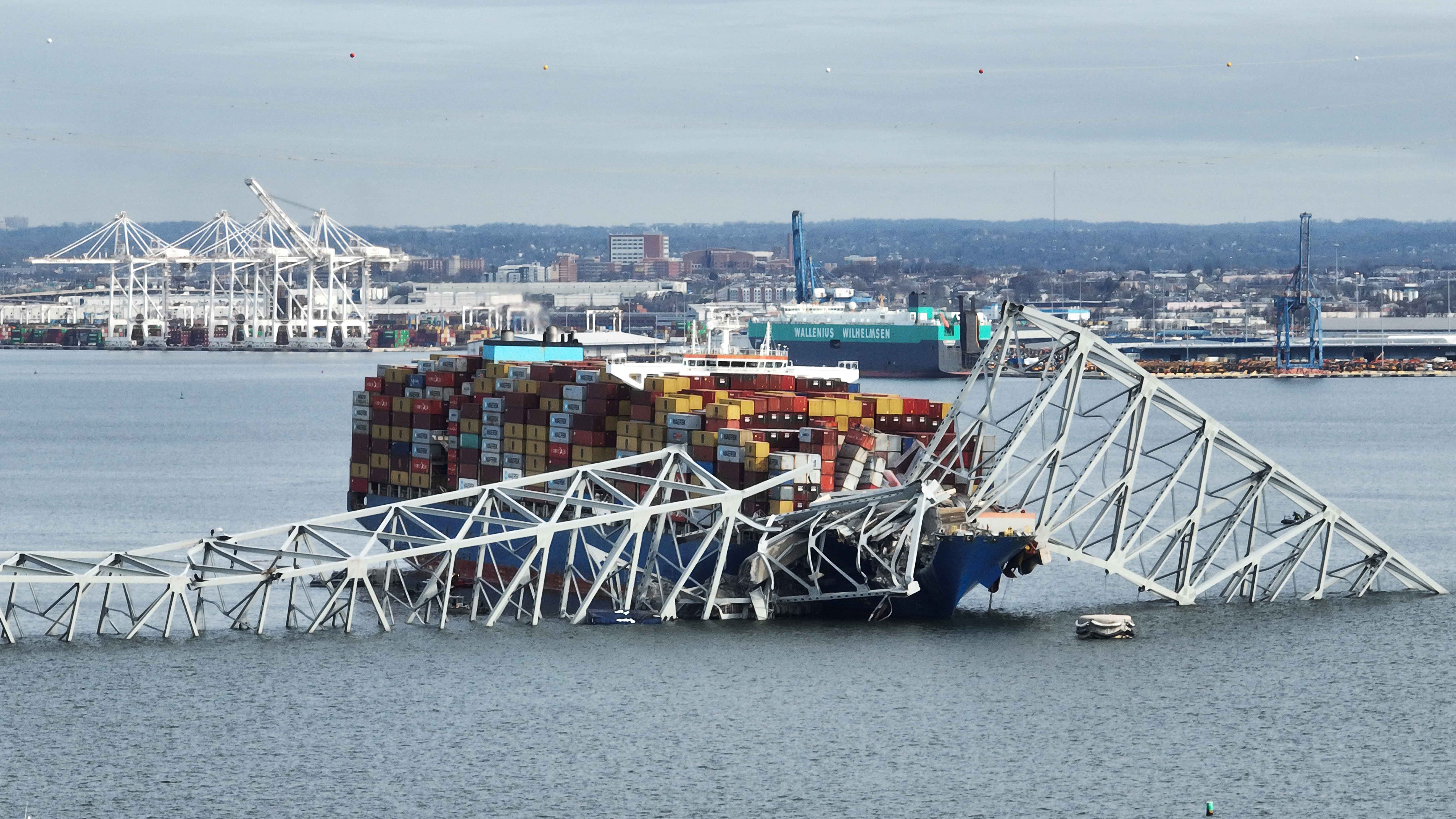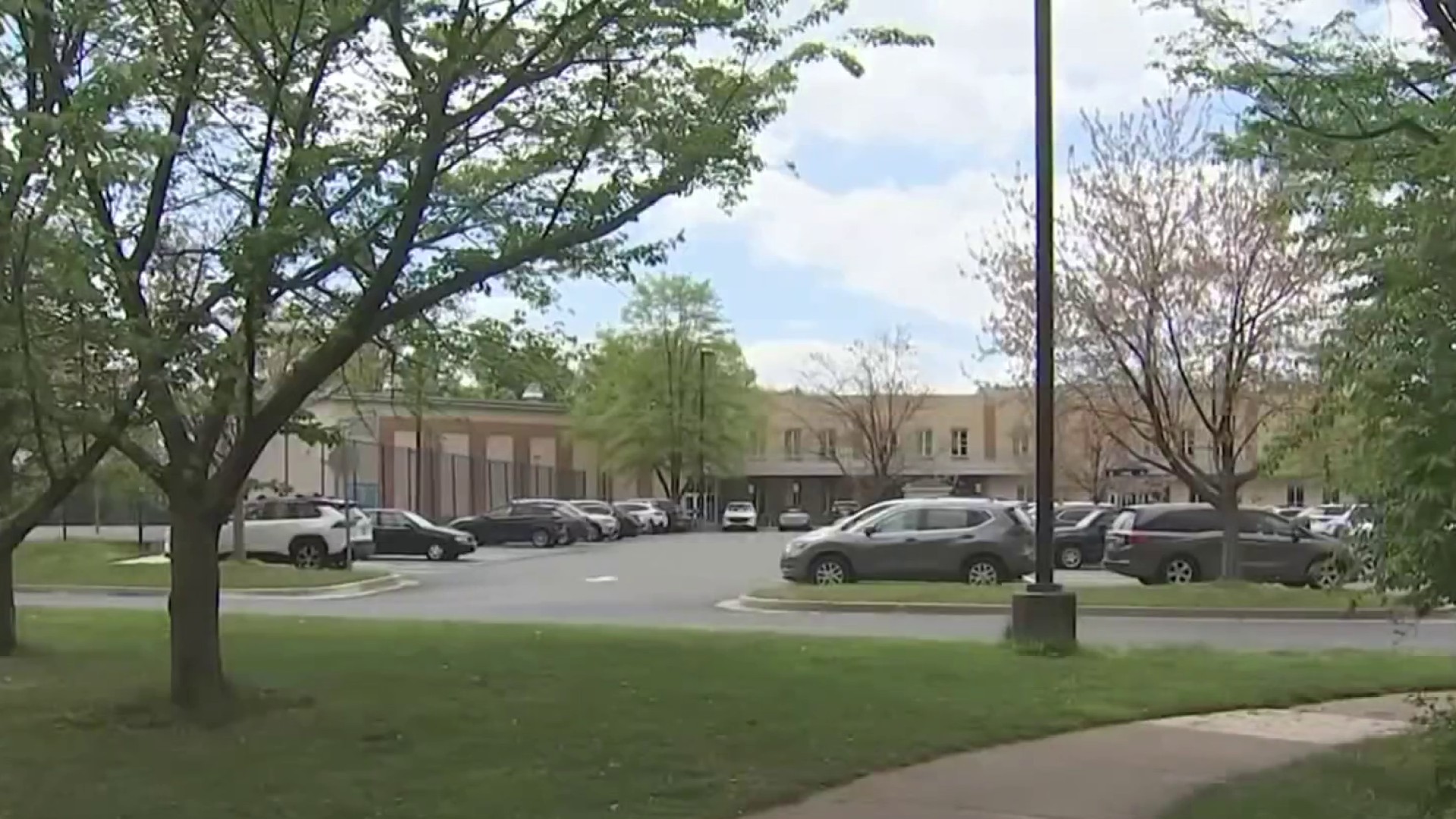As D.C. police step up raids of marijuana “pop-up” parties across the District, a News4 I-Team investigation has found the overwhelming majority of arrests stemming from those raids never make it to trial.
The I-Team examined arrest records and court case files from more than two dozen police raids dating back to August 2017. Out of 255 arrests identified, the I-Team found prosecutors later dropped more than 80 percent of those cases.
Of those remaining, nearly three dozen people accepted guilty pleas. Only three cases went to trial. Twenty-two cases are still pending.
Pop-Up Pot Party Arrests
The I-Team requested incident reports from each known raid of pop-up pot parties. MPD declined to provide the names of those arrested in many incidents, citing privacy concerns, but the I-Team scoured arrest logs to find additional names of those charged. The I-Team pulled court records to track the outcome of each case. The U.S. Attorney's office provided additional details for many cases that were not pursued.
Source: News4 I-Team
Credit: Matthew Stabley
We're making it easier for you to find stories that matter with our new newsletter — The 4Front. Sign up here and get news that is important for you to your inbox.
Metropolitan Police Chief Peter Newsham defends his department’s enforcement of the city’s recreational marijuana use law, which allows people to possess and gift small amounts but prohibits buying and selling of marijuana. He said the widespread “gifting” of marijuana with goods amounts to a sale and is against the law.
“Our goal is to make arrests when people break the law, and that’s what we’ve done,” he said.
Still, he told the I-Team he isn’t surprised by its findings because marijuana prosecutions “have always been very lenient” in the District. Prosecutors “don’t pursue a lot of them. They never really have,” he continued.
Local
Washington, D.C., Maryland and Virginia local news, events and information
The U.S. attorney for the District of Columbia declined an interview but a spokesman confirmed the results of News4’s investigation.
In a statement, the spokesman said while the office “fully supports the efforts” of local police and that MPD’s raids have led to the recovery of “significant amounts of illegal drugs” and firearms, “the legal standard for successfully prosecuting these cases is higher than the legal standard required for arrests.”
The so-called marijuana pop-up parties began after D.C. voters passed a ballot measure in 2014 that made it legal for adults 21 and older to possess up to two ounces of marijuana, grow up to six plants at home and give someone up to one ounce.
Newsham told the I-Team the number of parties has exploded recently as participants have exploited the gifting provision by giving marijuana to someone who first purchases goods, such as a sticker or T-shirt.
Some say the events, which can be easily found on the Internet or social media, symbolize D.C.’s “gray market” — though Newsham says the law is clear.
"If you're gifting it on a large scale to numbers of people under the guise of you're giving them something else, that's clearly distribution,” he said.
Pop-Up Pot Parties Advertised on Instagram
The I-Team found the majority of the three dozen plea deals struck by prosecutors, however, were for possession charges, not distribution. Court records show prosecutors also offered plea deals in most of the cases they later dropped.
Newsham said police have a duty to respond to community complaints about the events, such as noise and traffic, and pointed out the parties can attract crime as vendors often carry large amounts of drugs and cash.
Still, some marijuana legalization advocates are questioning whether the raids, which often take hours and utilize dozens of officers, are a wise use of taxpayer resources, as so many of the cases go nowhere and can saddle those arrested with heavy legal fees and an arrest record.
“I don't believe that a heavy enforcement by MPD or the city is the right approach,” said D.C. Councilman David Grosso, later adding: “It's a waste of time.”
He’s behind a measure that would allow the District to tax and regulate the sale of marijuana, something he’s attempted for years, and Mayor Muriel Bowser is expected to push a similar bill. Congress has so far blocked the District’s efforts, but Grosso is hopeful it will have a better shot of success under a Democratic-controlled U.S. House.
"We are saying that more and more people should be allowed to operate in this business to engage in this business without the consequence of being arrested,” Grosso said.
But Josh Sanderlin, a D.C. attorney who consults for the budding cannabis industry, said he doesn't believe police raids are a bad use of resources because many of the events "are completely unsafe in that there are pounds and pounds of cannabis" and cash on hand. What's more, he said, "There are people who are just straight up selling cannabis for cash."
Still, he said prosecutions can be difficult to prove and present a conflict between local and federal law, which prohibits all manner of recreational marijuana use.
"I've never heard of anybody actually being prosecuted all the way through, so I would imagine that people in the industry are hip to that as well,” said Sanderlin, who is a pro-legalization advocate.
Purvis Rollins, a massage therapist who said he incorporates cannabis into homemade massage oils and lotions which he gifts to his clients, was arrested in January after renting out his Columbia Heights building for a pop-up event.
Rollins, who said he served in the military, told News4 that armed cops “stormed the building like they were clearing a building in Iraq or Afghanistan,” and he called it “terrifying.”
Two women who were running the event were arrested by police, but prosecutors later dropped their cases.
Rollins, however, faces a misdemeanor possession charge after police found marijuana in his vehicle. He was also charged with running an illegal business at his event space after police found massage chairs on-site that Rollins said he keeps there for storage.
He said he’d like to see the law changed so that cannabis can be a “free market” where more people are “able to provide for themselves.”
But until then, he said he’s rethinking allowing people to rent his event space for pot parties.
“I definitely don't want the police coming in again,” he said.
The U.S. Attorney's Office for the District of Columbia provided the following statement to the I-Team:
The U.S. Attorney’s Office fully supports the efforts of the Metropolitan Police Department and other law enforcement partners to enforce drug and gun laws in the District of Columbia. MPD’s enforcement actions at “pop-up” events have led to the recovery of significant amounts of illegal drugs and, in some cases, the recovery of illegal firearms. In analyzing the results of these efforts, it is important to recognize that the legal standard for successfully prosecuting cases is higher than the legal standard required for arrests. As prosecutors, the Office has a responsibility to pursue only those cases that we believe can be proven in court beyond a reasonable doubt. We have moved forward with the most viable pop-up cases and are aggressively prosecuting any cases related to pop-up events that involve weapons or violence. We recognize that these events have generated concern within the community, and we are committed to working with MPD, the District of Columbia Office of the Attorney General, and other partners to deal with the problems associated with these activities.
How We Got the Story
After tracking an increase in MPD enforcement of pop-up parties, the I-Team submitted requests for incident reports from each known raid. MPD declined to provide the names of those arrested in many of the incidents, citing privacy concerns, but the I-Team scoured arrest logs to find additional names of those charged. The I-Team pulled court records to track the outcome of each case. The U.S. Attorney's office provided some additional case detail for many of the cases that were not pursued.
Reported by Jodie Fleischer, produced by Katie Leslie, and shot by Steve Jones and Jeff Piper.



